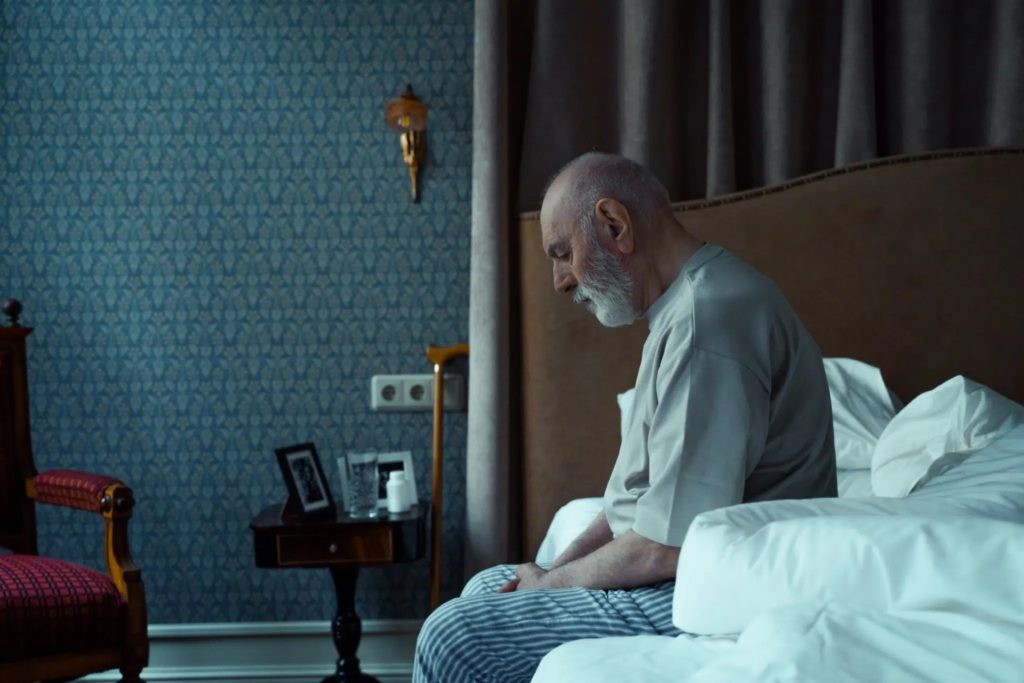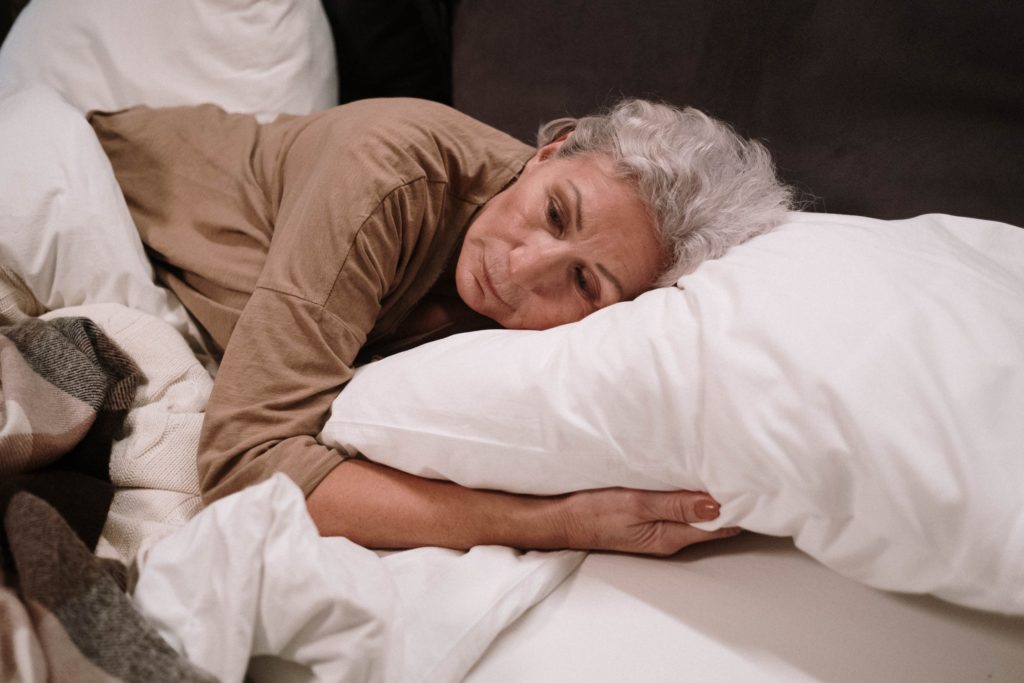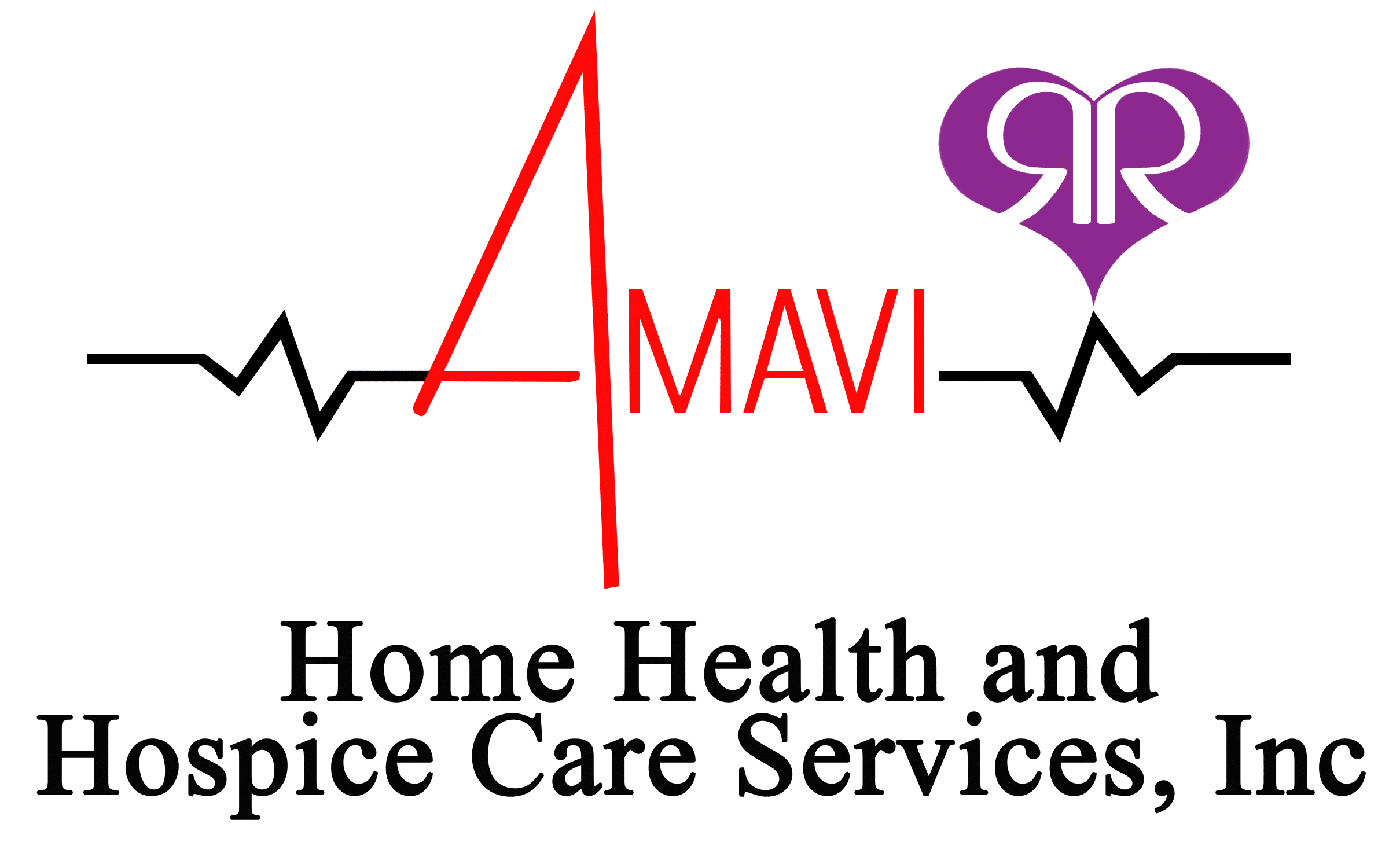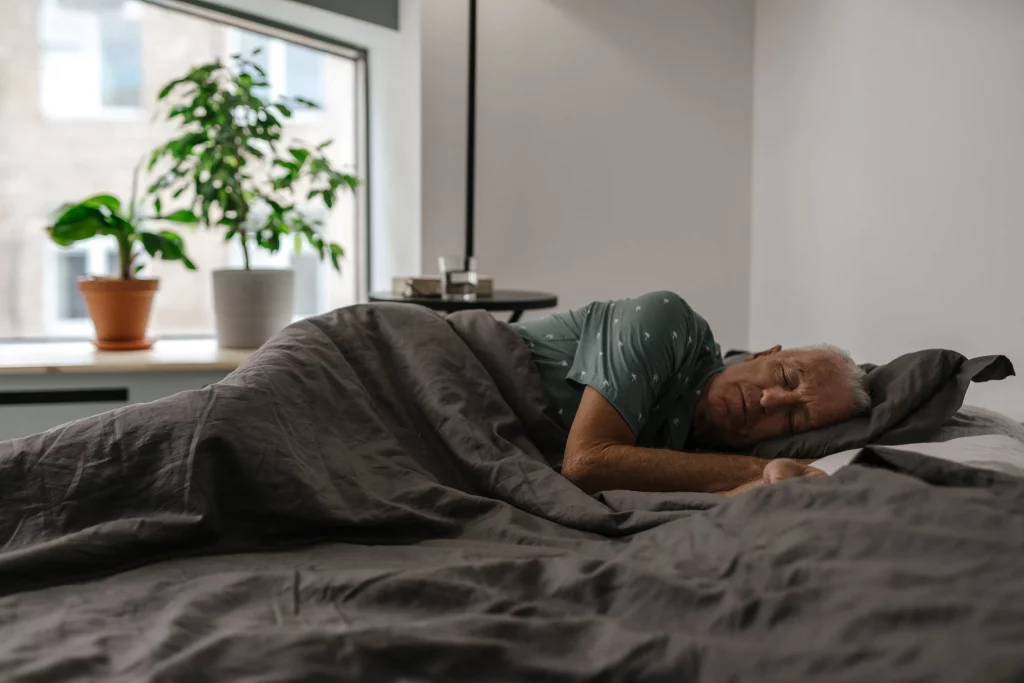A good night’s rest is vital for good health regardless of age. As such, any issues surrounding sleep are a matter of concern for providers of home health care in California. One such issue is sleep apnea. Let’s take a closer look at what it is exactly and how you can deal with it the right way.
Understanding What Sleep Apnea Is
Sleep apnea is a disorder when your breathing suddenly starts and stops during sleep. That condition can be especially concerning, as it can lead to possible respiratory issues. It can also be fatal if not addressed.
There are two types of sleep apnea that affect people.
- Obstructive sleep apnea: This type happens when your upper airway is blocked, stopping the airflow.
- Central sleep apnea: Your brain does not send the right signals to control your breathing during sleep properly.
Of the two, the first type is more common. There is also a situation when you have both types, known as complex sleep apnea syndrome.
What Happens When You Stop Breathing During Sleep?
To better understand the risks sleep apnea brings, you need to know what happens during these episodes. When you stop breathing while asleep, your body gets less oxygen and your heart rate drops. Your involuntary reflexes then kick in to wake you up. However, that sudden waking can cause your heart rate to accelerate quickly and your blog pressure to rise.
While these events do not have an immediate impact, they can lead to prolonged changes. For instance, the blood pressure spikes due to the sudden stops and starts of your breathing can cause your blood vessels to thicken. That also leads to your heart changing. Such changes increase your risk for various heart ailments.

What Causes Sleep Apnea
Because of its potential threats to your health, it is vital to understand what causes sleep apnea. As with other sleep disorders, there can be various causes that might be triggering it. And this will be different for the two main types.
Causes Of Obstructive Sleep Apnea
With obstructive sleep apnea, the blocking of the airways happens when the throat and tongue become more relaxed during sleep. That can cause them to droop and block your airway. Obesity can often trigger the condition, as the added weight presses down on the airway further. Just a 10% weight gain can increase your risk for obstructive sleep apnea by up to six times.
Beyond added weight, other things can trigger obstructive sleep apnea. These include the following.
- A narrow throat
- A round head
- Hypothyroidism
- Allergies
- Problem with your nose structure
- Acromegaly, or excessive growth due to hormones
- Medical conditions that congest your upper airways
- Smoking
- Alcohol and substance abuse
Most of these are medical conditions you have no direct control over. However, the last two can lead to other significant health complications.
Causes Of Central Sleep Apnea
With central sleep apnea, the cause can be harder to guess. That is because the disruption to your brain’s signals can be due to more complex factors. However, doctors sometimes link the condition to certain illnesses like the following.
- Stroke and heart failure
- Kidney failure
- Other specific heart or kidney conditions
- CSA due to sleeping at high altitudes
- Brain conditions like tumors and cerebral palsy
- Head injuries
- Congenital skull deformities
Because of this, it is essential to undergo a thorough examination to determine the exact cause. Here, your doctor will work with other specialists to pinpoint the cause.

Sleep Apnea Symptoms
Whether it is obstructive sleep apnea or the central one, you need to act fast when you observe symptoms. Both have the same set of common signs, which include the following.
- Loud snoring
- Gasping for air during sleep
- Awakening with a dry mouth
- Headaches in the morning
- Insomnia
- Difficulty focusing
- Sleepiness during the day
- Irritability
Since many of these symptoms occur during your sleep, you must have someone by your side during these times. They will be the ones to alert you should these symptoms start showing up and also record the instances for your doctors to check out later. Providers of home health care in California like Amavi can assist in that monitoring.
Diagnosing Sleep Apnea
Beyond the symptoms you might describe, your doctors will often go through your medical history to confirm that you are indeed suffering from the illness. They will also go through your family history to determine if you have relatives with the condition.
After the initial assessment, you will undergo a physical exam for signs of other medical conditions that can increase your risk for sleep apnea. Doctors may also conduct additional sleep studies to determine the patterns in which your symptoms manifest. With that information, they determine if you have mild, moderate, or severe sleep apnea.

Sleep Apnea Treatment
The type of sleep apnea treatment you receive depends on the severity of your condition. For mild cases, simple lifestyle changes can help you alleviate the symptoms. Some of the steps that doctors would recommend include the following.
- Losing weight: Getting rid of excess pounds will help you relieve the pressure on your airways.
- Exercise: This strengthens your airway muscles, preventing them from contracting. Additionally, it increases your alertness.
- Sleep on your side: This position does not cause your throat and tongue muscles to drop down, lessening obstruction to your airway.
- Elevate your head: Position your upper body four to six inches higher than your body during sleep to help clear your airway.
- Avoid various substances before sleeping: Caffeine, alcohol, and heavy meals can all lead to irregular metabolism during sleep.
While these are straightforward changes, you will need some time to get used to them. Thus, gradually incorporate these into your sleeping routines. A provider of home health care in California like Amavi can help you with this.
Treatments for More Serious Cases
With more severe sleep apnea, you will need to undergo more specialized therapies. Here are some of the methods that you can choose from.
Continuous Positive Airflow Pressure (CPAP) Therapy
In the more severe cases of sleep apnea, you will need help to keep your airway open during sleep. This therapy uses a machine that has a hose and an airtight nosepiece or mask. You wear the mask while sleeping. The machine sends a steady stream of airthat your airway is open. Note that you might need some getting used to wearing the mask for a while.
Bi-level Positive Airway Pressure (BPAP) Machine
This machine is similar to a CPAP machine except that it does not produce a constant air pressure. The setup is more suitable for people with difficulties exhaling through the former. As such, you want this if you still struggle adjusting to the other device.
Mandibular Advancement Devices
If you are uncomfortable hooked to any machine during sleep, these devices are good alternatives. They are a mouthpiece that you wear. These can bring your jaw forward or hold your tongue in place to clear your airway.
Upper Airway Stimulation
In some cases, your doctor might suggest that you get an upper airway stimulation device. These are similar to pacemakers implanted into your chest. They send signals through electrodes into your tongue that cause it to move during sleep.

Deal A Good Night’s Sleep With The Best Home Health Care In California
Sleep apnea symptoms are surprisingly easy to deal with when you act on them quickly. But you need to have the best home health care in California. We at Amavi are ready to give you that. Contact us today and have a good night’s sleep.

